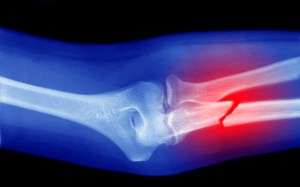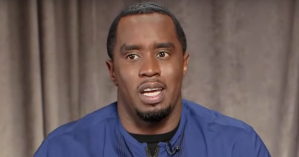Americans are eager to know when the next round of stimulus checks might be coming, presuming the bill passes the House again. The $1.9 trillion stimulus bill proposed by President Joe Biden had passed both the House and the Senate but, in order to pass the Senate, some amendments were made. Now, the House will have to vote on the amended version of the Covid-19 relief bill, which is expected to happen early this week.
When it comes to direct deposits and how soon they will hit bank accounts once the bill is passed, Americans who receive their payments this way likely won’t have to wait very long. Former U.S. Treasury Secretary Steven Mnuchin previously stated that the IRS is capable of having the payments sent out within a week. Notably, with the second payments, some hit accounts within a day or two. It is possible that, if the bill is approved this week, then the payments could start going out within days, possibly even hours.
Videos by PopCulture.com
The Senate bill would provide direct payments worth up to $1,400 per person to families earning less than $160,000 a year and individuals earning less than $80,000 a year. https://t.co/podKTBMb5E
— CNN (@CNN) March 6, 2021
Americans might see those $1,400 payments in their bank accounts as soon as the Treasury gives the IRS the greenlight to hit send. However, anyone who typically receives their payment by way of a check or pre-paid debit card most likely will have to wait some time for their payment to show up. It is possible that these individuals and families may still get their payment in March, but there is a chance they could not receive it until April, or later.
CBS News spoke with economy experts who shared their professional opinions on the stimulus payment. Analyst Chris Krueger of Cowen & Co. saying, “By next weekend, a couple making less than $160,000 could well have $2,800 deposited into their checking account.” Unemployment expert Andrew Stettner, of the Century Foundation, added, “Working families will get $1,400 per individual from a third stimulus check, plus they will benefit from a muscled-up child tax credit of $3,000 per child.”
He added, “That is real aid that can help reverse the unprecedented economic inequities laid bare and exacerbated by the pandemic.” Finally, Stettner concluded, “The federal response to COVID-19 has already averted poverty for millions of Americans, and this package is poised to continue that critical work.”









